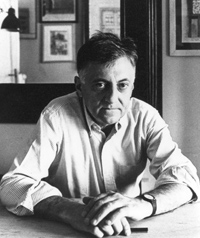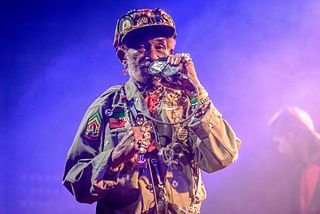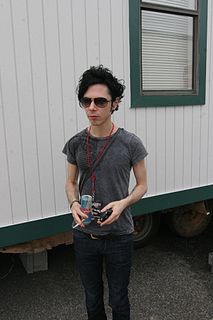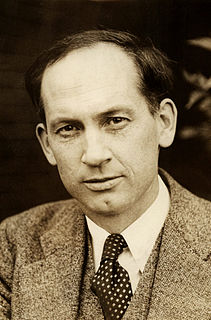A Quote by Blaise Aguera y Arcas
This is taking [photos] from everybody - the entire collective memory of what the Earth looks like - and linking all of that together.
Related Quotes
I'm not in the media that much, so people don't know my personality very well - they just know my work. I feel bad for people who have to read about my personal life and my relationships and see photos of me going through security at an airport. It's like watching a commercial for a hamburger that looks delicious, like a Big Mac, and then going to where they make it and taking photos of what it looks like behind the counter, and it's horrifying.
The Earth is the Lord. Everybody walks on the earth. And nobody respects the Earth. Everybody who walks on the earth, shits on the Earth. Spits on the Earth. Don't respect the Earth. So the Earth didn't like it. So the Earth call for a revolution. And the earth is fighting back. The Earth call for a revolution. The Earth call for justice. And the Earth get justice. 'Cause the Earth release ganja. The Earth release herbs.
So what does it look like to live a life worthy of the gospel of Jesus Christ? It looks like walking with, loving with, and doing life with those who are different from you. What binds you together is Christ. It looks like striving together to make Christ known. What motivates you is Christ. And it looks like standing with courage against all oppressors, natural or supernatural. What secures you is Christ.
Taking the line of least resistance, we lump the most different people together under the same heading. Taking the line of least resistance, we ascribe to them collective crimes, collective acts and opinions. "The Serbs have massacred…", "The English have devastated…", "The Jews have confiscated…", "The Blacks have torched", "The Arabs refuse…". We blithely express sweeping judgments on whole peoples, calling them "hardworking" and "ingenious", or "lazy", "touchy", "sly", "proud", or "obstinate". And sometimes this ends in bloodshed." – Amin Maalouf "On Identity































